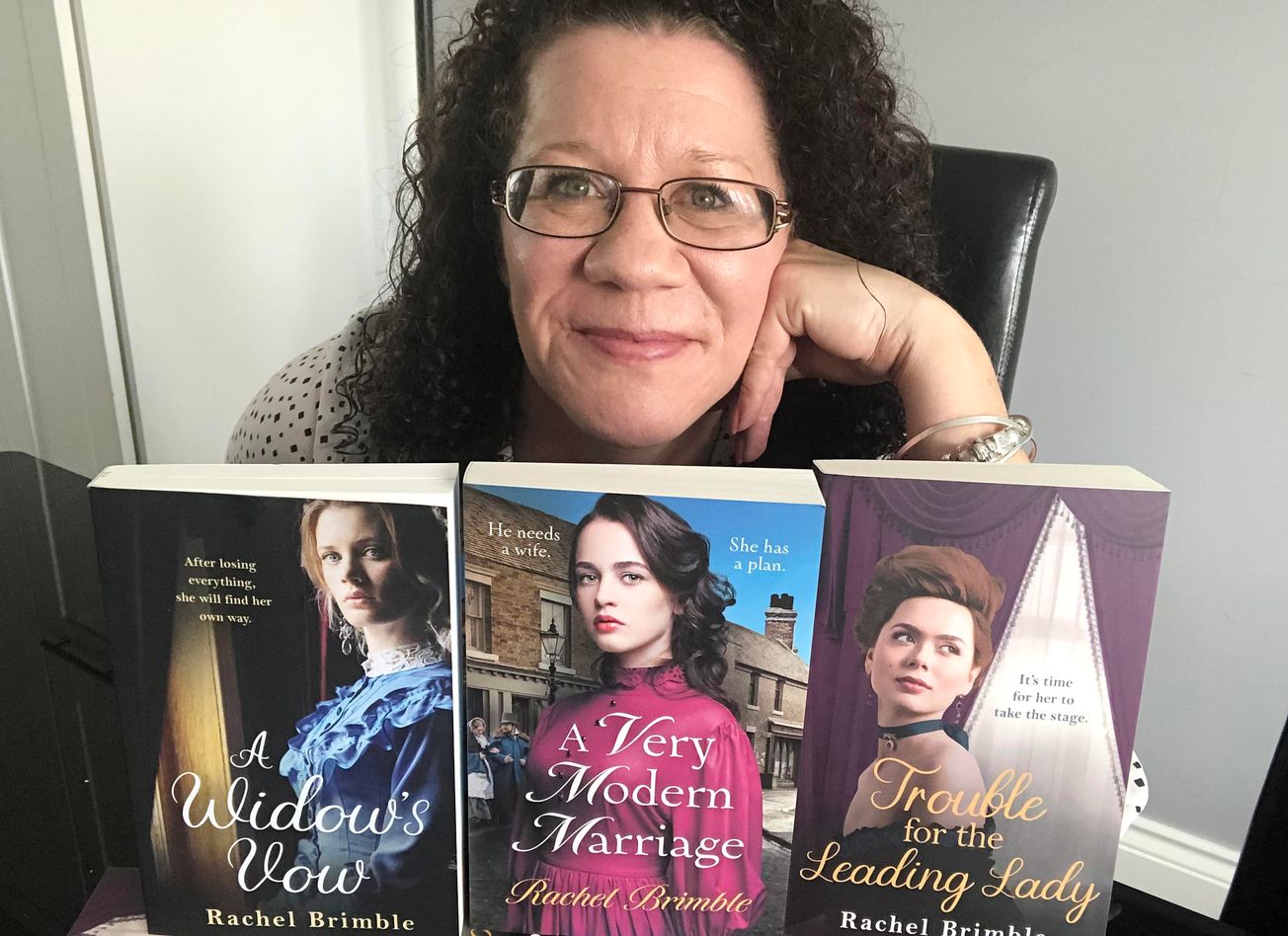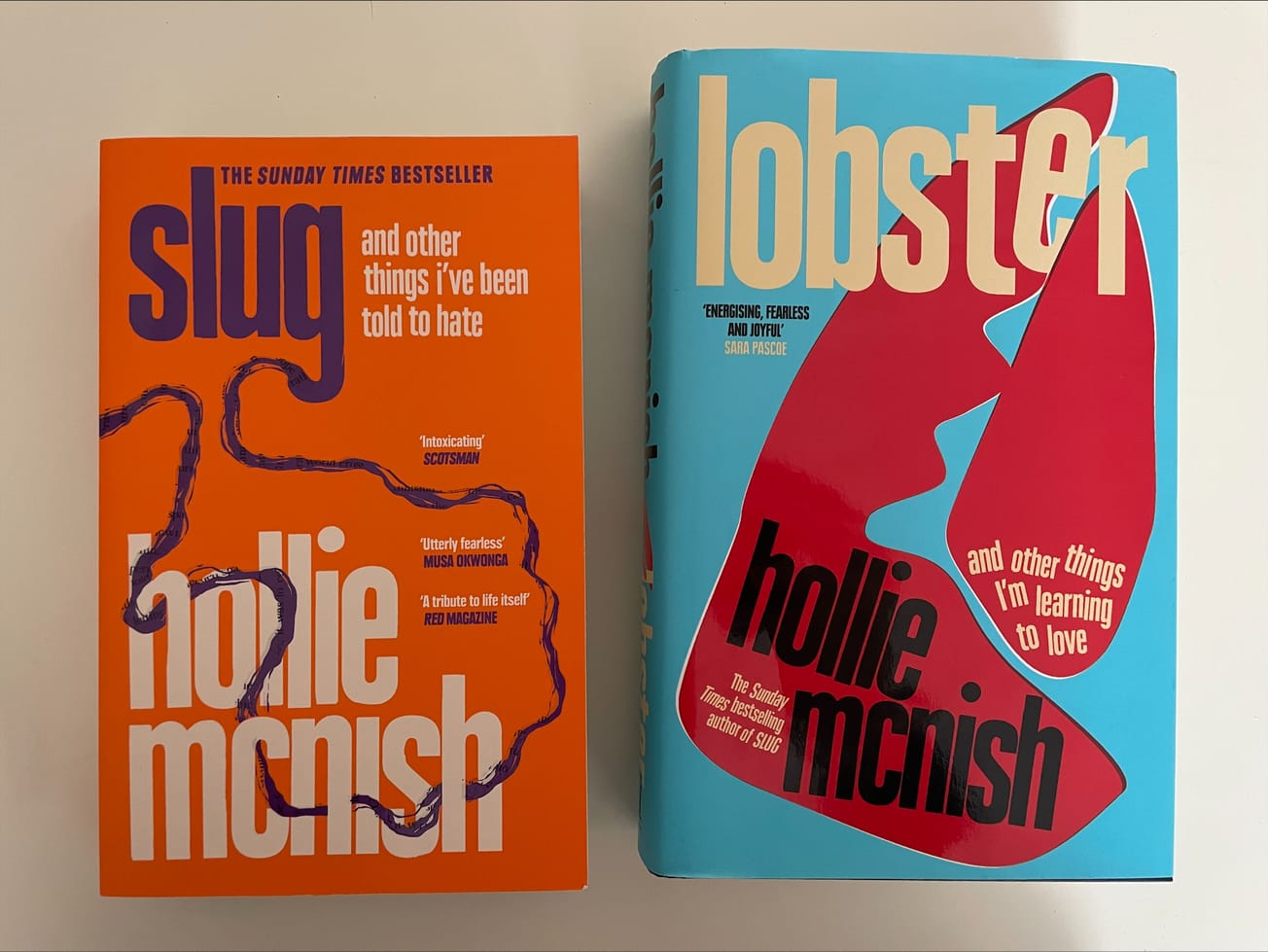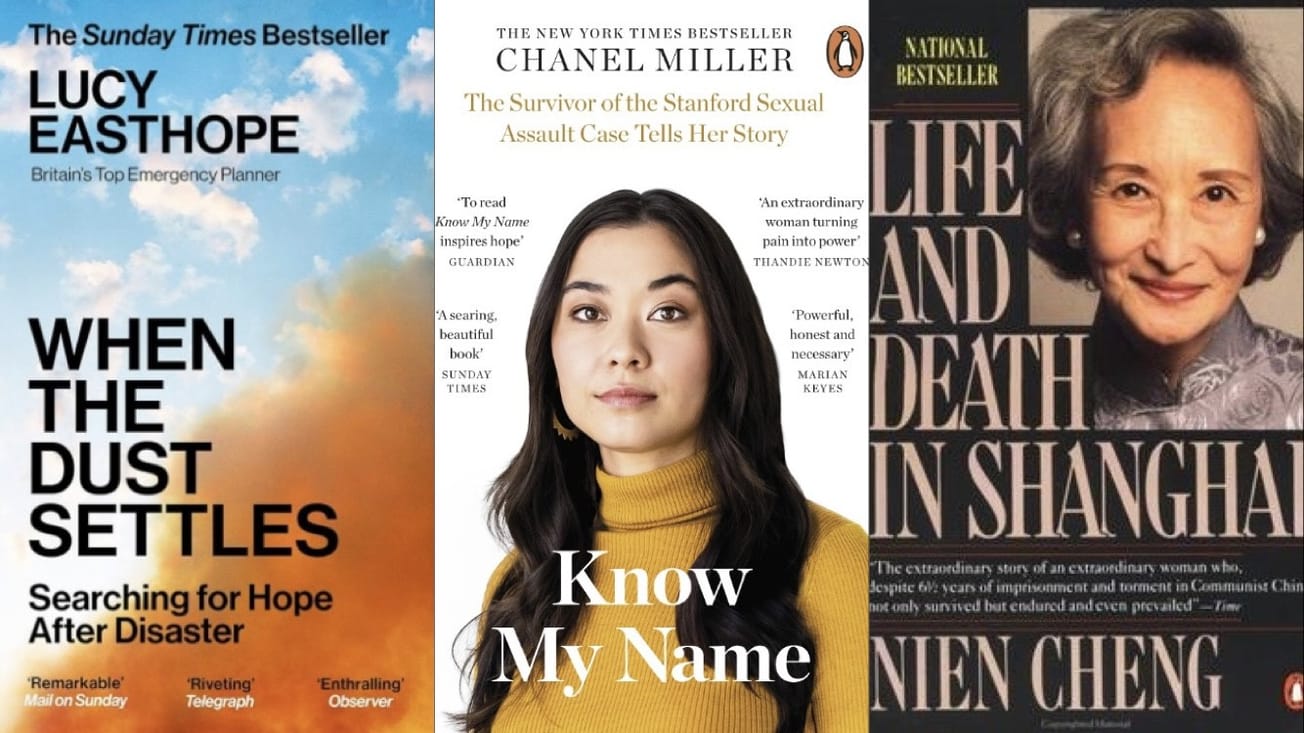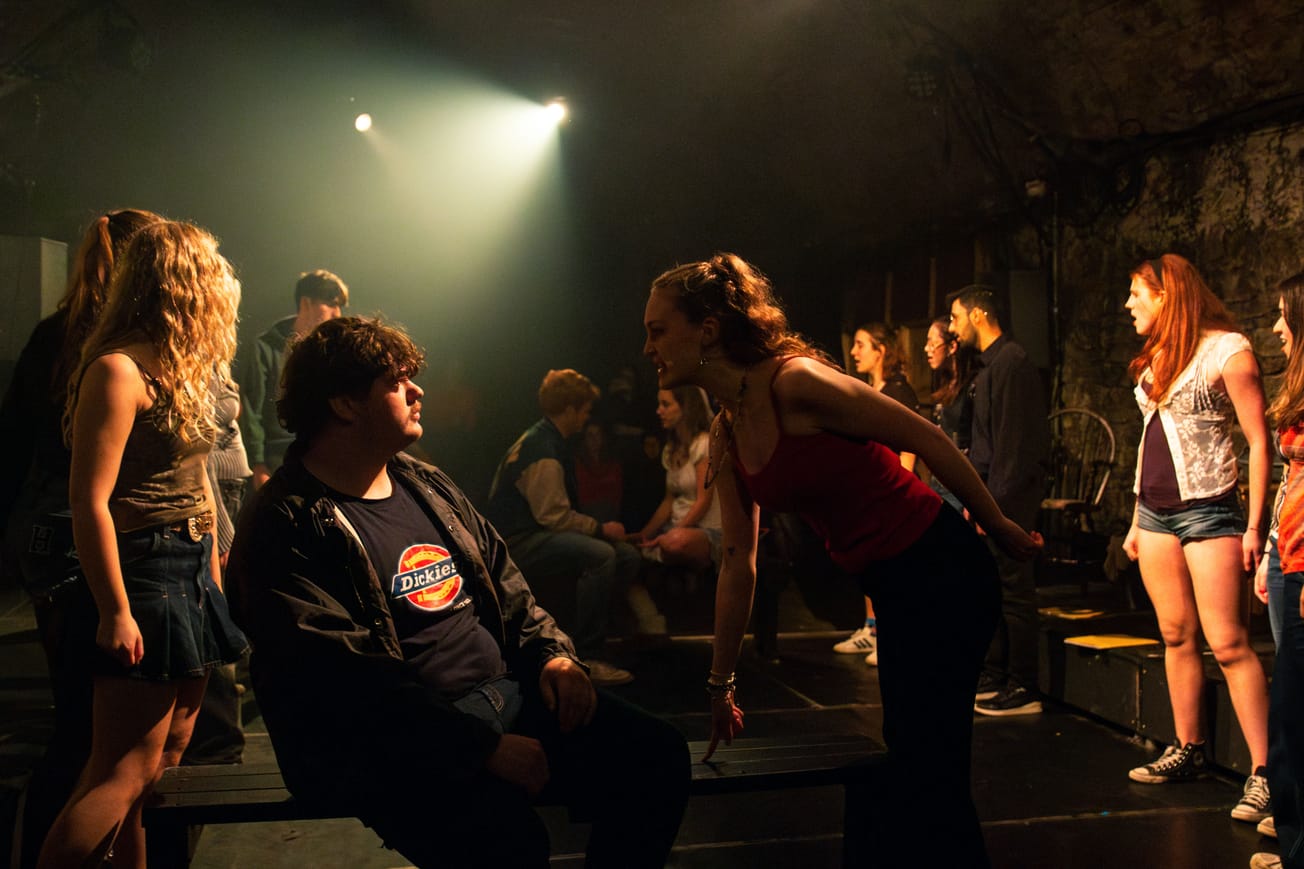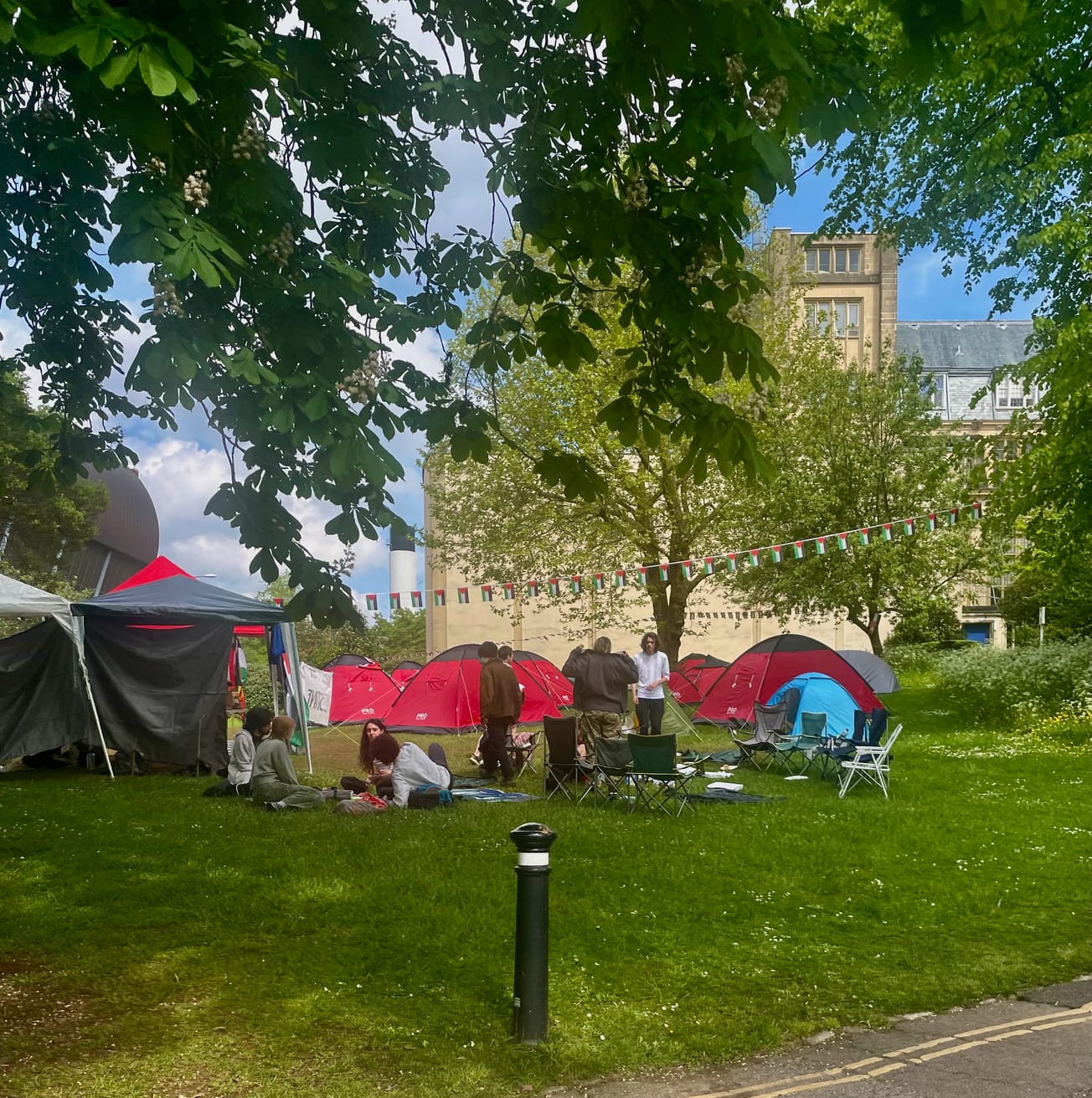By Rosie Angel-Clark, The Croft Co-Editor-in-Chief 2021/22
Calling all aspiring writers! Rachel Brimble, best-selling author of 30 books, has recently published A Very Modern Marriage, and is here to give us insider knowledge of the world of writing. Set down the road in Bath (perfect for this sweeping Victorian romance), the novel tells the story of Octavia Marshall, a prostitute determined to make her way in the business world. Epigram chatted to Rachel about the novel, the joys and challenges of research, writing and publication, and gathered her best advice for budding student writers.
Bath is a constant physical and emotional presence, but you’re originally from Bristol – why does Bath capture your imagination so much?
I started out writing contemporary romance and set lots in Bristol, but as I got into historical fiction and romance, I thought Bath was the perfect backdrop. We've got brilliant historical buildings in Bristol, but Bath really appeals to me when I'm writing historical fiction especially.
What is it about the Victorian and Edwardian periods that so appeals to you?
Female empowerment runs through most of my work, I love writing strong women. During these periods there were huge changes for women, which gives me great fodder to create heroines with something to strive for – hopefully, they always come out on top. And fall in love, of course! Sometimes I struggle to find the right hero. I use TV period dramas to get an idea, which is not really cheating... if I think of Tom Hardy in Taboo that soon kickstarts my imagination!

That’s understandable! How do you balance modernity and historical accuracy?
Sometimes I feel, Oh, the heroines are taking over!. I want my heroes to be open-minded but not emasculated, because I want my readers to fall in love with them too. I’ve had readers say my heroines wouldn't have done certain things. But I research meticulously – we wouldn't have moved forward, men or women, if someone wasn't pushing from both sides. It scared some men, but obviously there were good eggs too.
Your feminist message highlights the different aspects to what being a successful woman can mean – you've got Octavia striving for business success, Nancy, who's recently married and pregnant, and Louisa, who owns the brothel and takes care of the workers. I loved how you elevated them all.
These three women came to me when I read The Five by Hallie Rubenhold, which is about Jack the Ripper's victims. They were all named as prostitutes, which wasn't actually true: not all were. But they all ended up in the worst part of Whitechapel. Straight away that caught my imagination: I wanted to bring three very different women together, who end up being prostitutes for very different reasons, with different happily ever afters. You don't know what could lead to any of us going down a similar route. In the Victorian times, women didn't have a lot of choice – some of my research was upsetting. There were people from rich homes too: if they were rejected by their family, they were on their own, they had nothing.
What’s the rest of your research process like? In your acknowledgements you thanked your local librarians for digging out some obscure documents for you – how have they helped?
I'd be lost without the library and archives. There's nothing better than a librarian who's excited about what you're doing. They take it upon themselves to find letters and things that I wouldn't have thought existed. I love to hear a real person's voice: that makes the characterisation much easier. But I have to remember it's not a history lesson, because I would research all the time if I could! I've just started a history degree through the Open University, and am leaning towards one day writing non-fiction because I really enjoy that aspect too.
That's fantastic. When I started reading this novel I was immediately reminded of North and South by Elizabeth Gaskell. Was that in your mind when you were writing?
Definitely – once I'd planned the novel, I watched North and South. I read a lot of original sources, obviously, but I wanted to see the story on film, and how cotton mills were portrayed. Someone in the library found me an account of somebody whose father worked in cotton mills and he'd written down his stories, and that was one of my sources about the looms and loss of limbs. It was distressing to hear the accounts and realise how young the kids working were.
Now that you've ventured north, are you tempted to stay for your next novel, or do you think you'll always be pulled back to Bath and the south?
I've got to admit, I did like writing somewhere else because I've written Bath for my last eight novels. But it's becoming my branding so I don’t want to lose that! In future there's a good possibility my characters will travel more, maybe starting in Bath or returning to Bath.
I completely understand that pullback. When I finished reading, I thought it would be really interesting to hear the story of one of the mill workers.
An author always wants to hear you could imagine more! Unfortunately, my publisher has said three is fine. It's lovely to hear this could go on. Once the secondary characters come in, someone comes to the top and I go, ok, this is the next book, this is their story. Readers like it when the same characters make cameo appearances. My Shop Girl series had 41 characters – I do like writing a big cast!
You've written about 30 books, is that right?
30, yes.
That's incredible. I was going to ask you if the process got easier, but I read that you get asked that a bit too often!
It never gets easier. I run a first chapter critique service for new writers, and they ask, ‘Does it get easier’? But I have to tell them it doesn't. I plan everything, but sometimes characters decide they're doing something completely different. The trick is to follow them – they're always right. It doesn't get easier, but I will never stop writing. I just love it too much.
Has anything changed in your process? What have you learned about how you work?
The biggest thing I learned was on a retreat, where one writer said, 'give yourself permission to write a crappy first draft'. I write two and a half books a year now because that process changed everything. I used to agonise over getting a chapter perfect – I didn't trust myself at all. My biggest advice to any aspiring writer is to get that first draft down and worry about cleaning up afterwards.
That's a really good tip. I think so many of us students put too much pressure on ourselves to get assignments perfect early on when that's not realistic.
It stops people finishing their writing: they give up. But if you've got the first draft, you know you're capable, then you can play about as much as you want until you're ready for submission. And be ready for rejection as well!
As this is going to be published in our student paper, what advice would you give to budding student authors?
My next best tip is to find trusted critique partners who also write. It can be really motivating, and it's nice to help someone else and learn from them. Also, there are well-recognised online courses on topics like characterisation, point of view and show versus tell, either for free or minimal cost. Once you submit to agents or editors, they might give you no feedback whatsoever, which doesn't help. But if you've got these technical things in place, they're likely to give you a few pointers. And if they do respond – even with a rejection – don't lose heart, because they don't have to. I didn't realise when I started out that even a few words means you're getting close. I'm established and even now I can send off an idea and get a 'no thank you'. It's part of the process no matter how successful you are. It's brutal. But that's the same in any of the arts, whether you're in music, dancing, anything else, unfortunately.
I'm assuming your working days are quite self-structured. Organising your time is something that I think a lot of students struggle with. Do you have any thoughts around managing workloads?
I'm very, very self-disciplined. Also it helps that I absolutely love what I do. I'd rather be working than anything else, which is a bit sad, but I'm lucky enough to write full time. So I do make sure I treat it as a job, which can be tricky at home. There's always some laundry to fold or something! But I'm usually at my desk at 8.30am and get up at 5pm, with a couple of dog walks in between. When I started, I obviously didn't write full time, I just did 300 words a day. All of a sudden you can manage 3000 in a week and the novel's finished before you know it. It's a luxury before you're published to take your time and polish and polish. But when you've got a contract for a series, they put delivery dates in place. So I've had to deliver three books, seven months apart. That keeps me very busy!
What’s next for you?
I've already started another series, the first of which is coming out in the autumn, hopefully September. It starts in Queen Victoria's court, and each subsequent book centres on the next heir to the throne. So next is Edward VII, and then I'll come to George V. I've always wanted to write real characters, real events, so it was very ambitious for me.
How have you found writing about real historical figures where you’re more used to fictional ones?
It was a real, real challenge. But it was something that I've really wanted to do. This one went around the publishing houses quite a bit because the marketing teams couldn't decide if it's historical fiction or historical romance. Even things like that affect whether or not you get a contract. Can they see where it will sit in a bookshop? But I'm history – especially royal history – mad. I'm going to take this up to Edward and Wallis Simpson, since that’s a nice dip into five generations. I'm really looking forward to it.
A Very Modern Marriage is published by Head of Zeus. You can find Rachel’s other books here.

